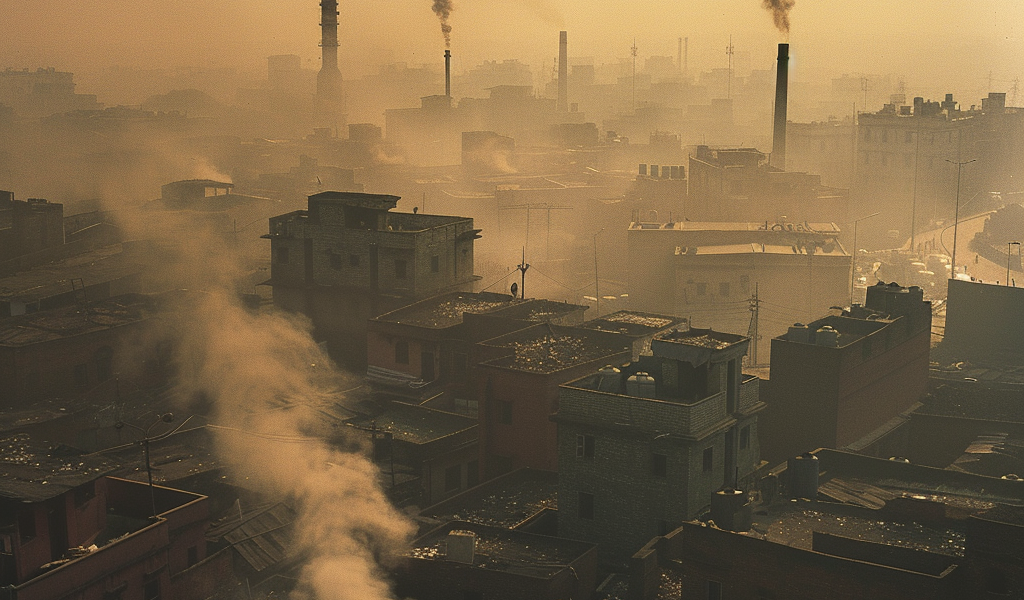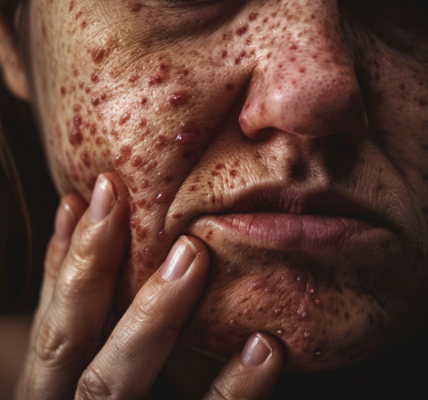Air pollution is a global crisis that is silently taking the lives of millions every year. With a death toll of over seven million annually, it surpasses the combined fatalities caused by AIDS and malaria. This lethal threat is not confined to specific regions, as it pervades all continents, including Antarctica. The sources of air pollution are diverse, encompassing emissions from industry, vehicles, cooking, heating, and natural pollutants such as dust and sand.
A recent study has revealed that merely seven countries worldwide meet the air quality standards set by the World Health Organization, leaving 99 per cent of the global population vulnerable to a myriad of health conditions associated with the air they breathe. However, the impacts of air pollution are not uniform, with significant disparities between the affluent and the underprivileged.
WHO Director-General, Dr Tedros Adhanom Ghebreyesus, has emphasized that while air pollution poses a threat to everyone, it disproportionately affects the poorest and most marginalized individuals. The variation in financial resources, government interventions, and access to cleaner energy sources has led to a substantial decline in air pollution in Europe and North America over the past few decades, while Asia and increasingly Africa continue to grapple with soaring death rates.
The measurement of air pollution is based on ‘particulate matter’, specifically PM2.5, which comprises minuscule airborne particles containing toxic substances like sulfate, nitrates, ammonia, sodium chloride, and black carbon. These particles, which are about one-thirtieth of the width of a strand of hair, can infiltrate internal organs and penetrate deep into the bloodstream when inhaled.
Short-term exposure to air pollution can result in reduced lung function, respiratory infections, and asthma. However, prolonged exposure, which billions of people worldwide endure, can lead to severe health issues including heart disease, cancer, stroke, and lower respiratory disease, ultimately culminating in premature death. The most vulnerable demographics are the very young and the elderly, with 60 per cent of air pollution-related deaths in 2019 occurring among children under 15 years and adults over 70 years, according to the Global Burden of Disease.
Furthermore, an increasing body of evidence has linked air pollution exposure during pregnancy to adverse outcomes for both the mother and the child. This silent killer continues to pose a grave threat to public health, necessitating urgent and concerted global action to mitigate its devastating impact.





